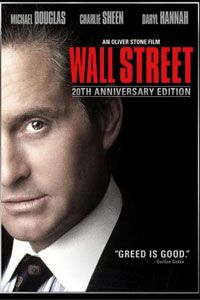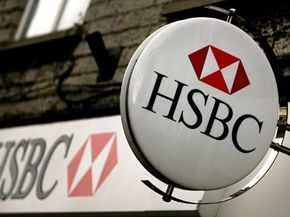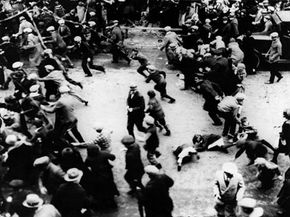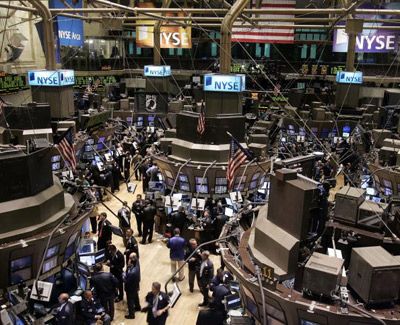"Greed, for lack of a better word, is good": the immortal words of corporate raider Gordon Gecko, a character in Oliver Stone's 1987 film, "Wall Street." Gecko continues in his speech to shareholders, "Greed clarifies, cuts through, and captures the essence of the evolutionary spirit" [source: IMDb]. Greed also forms the basis of capitalism. And capitalism is founded on a free market.
Greed is another word for the economics term rational maximization. This is the (supposedly innate) desire to get as much for oneself as possible. Theoretically, this makes sense; we humans desire to ensure our survival. But in practice, the idea that all humans rationally maximize doesn't always stand up (see What's the ultimatum game?).
Advertisement
This, in part, explains why there is a long-standing debate over just how freely a free market should be allowed to operate. That debate heated up in the United States in 2008 as the federal government took control of financially crumbling mortgage holders Fannie Mae and Freddie Mac. The move wasn't essentially dramatic; Fannie Mae and Freddie Mac, though privately operated, were chartered by Congress (Fannie Mae was chartered during the Great Depression). But the takeover prompted fears of a nationalization of the U.S. economy.
Nationalization occurs when full or partial control is taken of private financial institutions, usually to avert a crisis. Scandinavian nations successfully averted an economic meltdown through nationalization in the early 1990s, and in 2007 and 2008, the federal government of the United States took similar actions. The Federal Reserve Bank oversaw the buyout of investment bank Bear Stearns by rival JPMorgan, guaranteeing $30 billion in Stearn's bad debt and even bending to shareholders who forced a higher price per share during the buyout. Even more pronounced, the government took a 79.9 percent stake in private insurance company AIG in return for an $85 billion investment to save the company.
Under pure capitalist theory, none of these actions should've been taken; the government should have stood by idly while the economy tanked. So how can a free market be "free" if it's regulated?
Advertisement





